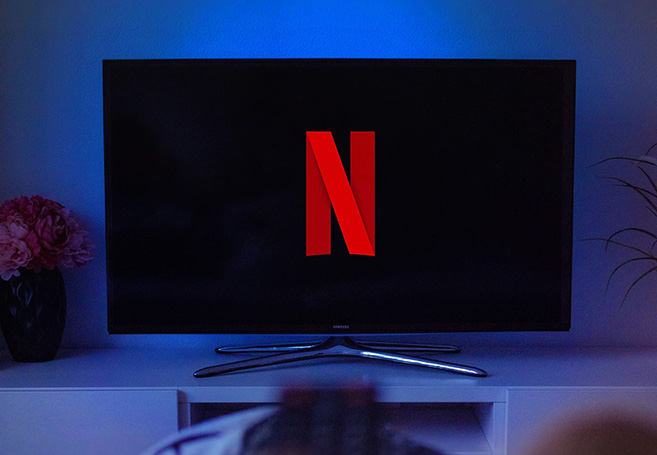Just about everyone enjoys watching a good film sometimes, but have you ever thought about why people love them so much? Movies can be used as a type of self-help, and watching them can be incredibly therapeutic for a handful of reasons and this article will discuss how it can be a very helpful way to relieve stress.
Movies Can Make You Feel Good
Believe it or not, watching movies and TV shows can have a strong effect on your brain chemistry! For example, dopamine is a neurotransmitter that is associated with pleasure and can be released while watching an exciting or inspiring movie and will boost your mood.
On the other hand, some movies can be so moving that they become a form of release for the viewers. Emotional experiences, like crying during a movie, are believed to be associated with the hormone oxytocin, which is affiliated with connectedness.
Movies Can Encourage Bonding
While it’s not advised that you have a conversation during a movie, especially at a movie theater, movies can be a fun way to get people together and perhaps encourage dialogue afterward.
However, thankfully, there are tons of great movies at your fingertips these days via streaming platforms like Netflix, and you can have people over to watch multiple movies at your house and enjoy their company by being able to talk to your heart’s content.
Movies Can Be Distracting
Although some people might argue that it can be considered escapism, there isn’t any harm done finding something to take your mind off things.
Watching movies can be very immersive, just like video games, and even if it’s temporary, if it has a positive effect on your mental health without detracting from other aspects of your life, it can be a healthy and productive coping strategy.
Movies Can Help You Get In Touch With Empathy
Returning to the topic of oxytocin and connectedness, movie lovers can become more empathetic by feeling more in-tune with the characters that are on their screen.
It gives people the ability to put themselves in someone else’s shoes and try to understand where others might be coming from. Learning different perspectives or points of view can help us become better problem-solvers and feel happier in the long run by being more in-touch with how others might think and feel about things.
Can Movies Replace Actual Therapy?
Although movies can be a very powerful aid to achieving better mental health, it shouldn’t be treated as more than just a supplement, just like art, music, exercise and other activities are for others.
If you are struggling with mental health issues, like depression and anxiety, movies can certainly be a way to cope, but it won’t be the solution. Instead, working with a professional will always be your best bet when it comes to these types of concerns.
By talking to a counselor or therapist, like the ones found at BetterHelp, you can learn healthy strategies that you can use on a day-to-day basis that will help you change the way you think and behave, and this is crucial to overcoming negative thought patterns.
Nonetheless, you can still allow movies to be part of your journey to achieving better mental health and living a happier and healthier life.
Conclusion
Whether it’s at the theater or at home, movies can have a profound impact on how we feel, and hopefully, this article has given you some insight into why that is. Next time, you watch something that engrosses you into it, perhaps you’ll be reminded of what might be happening behind the scenes in your mind, and this can give you even more appreciation for good cinema.
.
.


